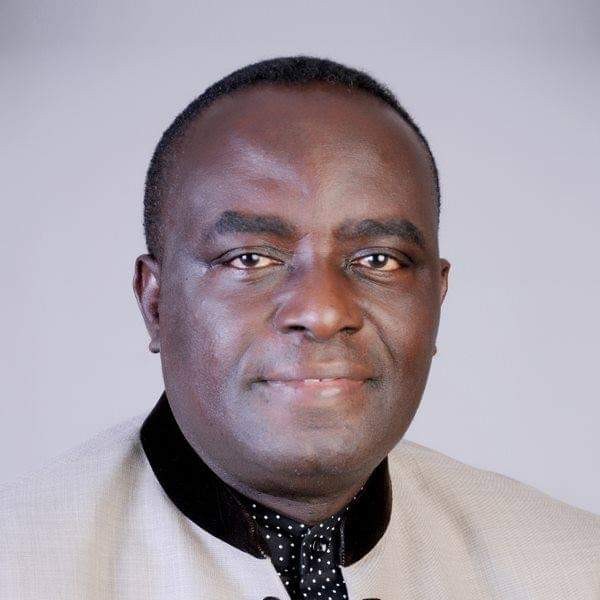After four decades of experimentation and tryout in 28 countries, Peter Okebukola, a professor of science and computer education has invented a homegrown method to break down barriers to the teaching and learning of difficult topics in science known as the culturo-techno-contextual approach (CTCA).
According to a release by the Okebukola Science Foundation, its Executive Chairman, Peter Okebukola, would mark his 70th birthday on February 17, 2021, with official launch the free mobile CTCA app for use by STEM teachers and students all over the world for improving students’ performance in science.
Dr. Doyin Oloto-Golly, Secretary of the Foundation in the statement said the app works across all mobile devices and on major platforms such as iOS, Android and Windows Phone. It uses advanced technologies and the web browser to achieve native-app behaviour”.
The Foundation explained that during the course of the development of CTCA, Peter Okebukola had won, in 1992, the United Nations Educational, Scientific and Cultural Organisation (UNESCO) Prize for the Communication of Science, the first African to win the prize in its 42-year history at the time.
Oloto-Golly further noted that such barriers as fear of science due to its special language and mathematical orientation; deficit of facilities for teaching and learning; abstract nature of some of the concepts; and perception that science is only for the gifted were melted and broken down by CTCA.
According to him, “the approach is an amalgam, drawing on the power of three frameworks- (a) cultural context in which all learners are immersed; (b) technology-mediation to which teachers and learners are increasingly dependent; and (c) locational context which is a unique identity of every school and which plays a strong role in the examples and local case studies for science lessons
“Studies conducted to test the efficacy of CTCA on the teaching and learning of difficult science concepts in several countries have yielded impressive results which the global science education community has applauded
“Another significant development which Africa should celebrate is the development by Peter Okebukola of the eco-techno cultural theory
“The theory which is a STEM slant of the general theory of ecoculture holds that the context (ecology) where teaching and learning of science takes place as well as the microcultures of students and teachers, exert noteworthy effects on learning
“The pathways of the effect are two bridges. The first bridge is the link between experiences derived from the learning context and the subject matter to be learned.
“This bridge can be seen, for example, in relating practices of electroplating that students can observe in their immediate school environment, perhaps in a nearby blacksmith workshop and the topic of electroplating in a chemistry class
“The second bridge has longer span, tucked deep in the cultural orientation of learners. This cultural bridge links indigenous knowledge and cultural practices that are related to a STEM concept
“The effect of the two bridges is likened to a catalyst accelerating the formation of neural networks which are evidentiary that learning has taken place”.
END

